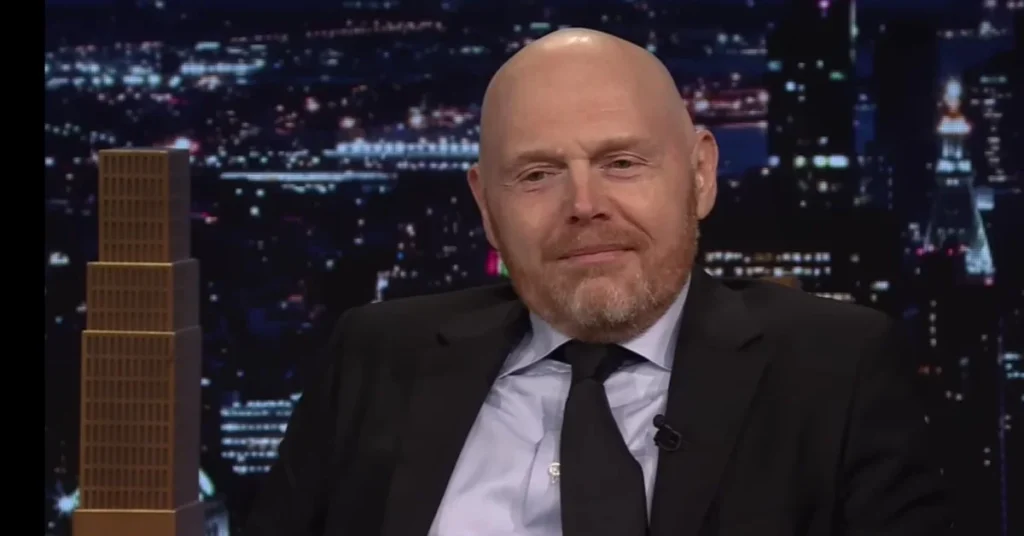Burr shrugs off backlash after performing in Riyadh, saying he “vibed” with local crowds.

Bill Burr is standing by his decision to perform at the Riyadh Comedy Festival, pushing back against fellow comedians and rights groups who have criticized the event as a PR move by Saudi authorities.
In a recent live interview, Burr said he enjoyed the shows, felt a genuine connection with the audiences, and shrugged off the online outrage as performative moralizing.
The festival — which featured several big names from the U.S. stand-up scene — has become a lightning rod. Critics argue that accepting high-profile gigs in a country with a contested human-rights record helps normalize the government’s image.
Human-rights advocates have highlighted the nation’s judicial actions and harsh penalties for dissent, arguing the festival distracts from serious concerns. Performers who declined or later voiced regret described the event as tone-deaf given that context.
Burr rejected that framing. He described the crowds as enthusiastic and “real people,” and suggested cultural exchange can be a pathway to change. Rather than apologizing, he accused some of his detractors of being insincere — more eager to posture online than to engage with the people he met.
He also defended fellow comics who chose to appear, saying comedians shouldn’t be automatically written off for crossing borders to perform.
Not every performer shared Burr’s confidence. Some peers were publicly critical, saying the festival risks laundering the regime’s reputation. Others offered more complicated takes — expressing discomfort while explaining why they thought engagement might sometimes be useful.
One comedian who performed and later expressed remorse said she hoped her presence could offer visibility to marginalized people, but acknowledged the optics were difficult to reconcile.
For rights groups, the issue isn’t about laughter itself; it’s about platform and proximity. They’ve urged visiting performers to use their visibility to speak up for detained activists and to press for greater freedoms. Critics say silence from high-profile entertainers, especially when large fees are involved, can be read as tacit acceptance.
As the debate unfolds, it’s clear this episode isn’t just about a single festival — it’s about where artists draw ethical lines in a global entertainment market. Burr’s stance reflects a familiar tension: the belief that engagement and exposure can prompt change, versus the argument that some forms of participation act as cover for policies that violate basic rights.
Art can open doors, but it’s not neutral. When stars perform on stages tied to contentious powers, they inherit responsibility for the message their presence sends. If comedians choose to cross those lines, the least they can do is use the spotlight to press for accountability — otherwise, applause risks becoming complicity.
What do you think? Share your view — should artists perform anywhere for the sake of cultural exchange, or are some stages off-limits?











